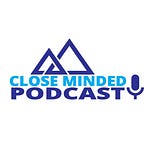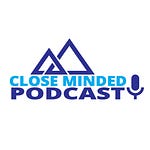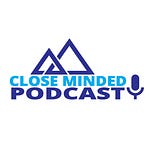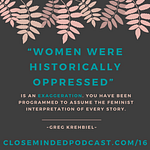Today's guest is Dr. Robbie Castleman. She is a professor emeritus of Biblical studies at John Brown University in Siloam Springs, AR, where she has taught for 17 years.
Dr. Castleman is the author of the book Parenting in the Pew: Guiding Your Children Into the Joys of Worship. She first published it back in 1993, building it around seminars she gave (and still gives) in local congregations to help parents be intentional in training their kids how to worship. We discuss some of the theological foundations of worship and why kids need to be in the service instead of being shuttled off to other programming, and we also cover tips and strategies to help you succeed while you parent in the pew. This is truly evergreen material and valuable for any parent of grandparent.
I know that my audience contains a mixture of Christians and non-believers. If you are not a follower of Jesus, I encourage you to reflect on the idea that we all worship something, and that we as parents will train our kids to worship also. It's not a matter of whether we'll teach them to worship, but what that something is.
If you are a Christian and a parent or grandparent, you will definitely enjoy hearing from Dr. Castleman. Although she retains her own theological home base in Presbyterianism, virtually all of her material is applicable to any denomination or worship service.
One note of housekeeping: a few times the audio gets a bit faint; we were dealing with a loud furnace in the background, and occasionally Dr. Castleman spoke softly. As an amateur audio engineer I did my best to remove as much noise as possible and boost her voice, so hang in there.
Also joining our conversation is my good friend Josh, who was last seen on episode 1 and episode 3.
Books by Dr. Castleman:
Parenting in the Pew: Guiding Your Children Into the Joys of Worship
Story-Shaped Worship: Following Patterns from the Bible and History
Interpreting the God-Breathed Word: How to Read the Study the Bible
Other books mentioned in the show:
You Are What You Love: The Spiritual Power of Habit by James K. A. Smith
++++++++++++++++
Thanks to LEVV and David Ramirez for the intro/outro music.












